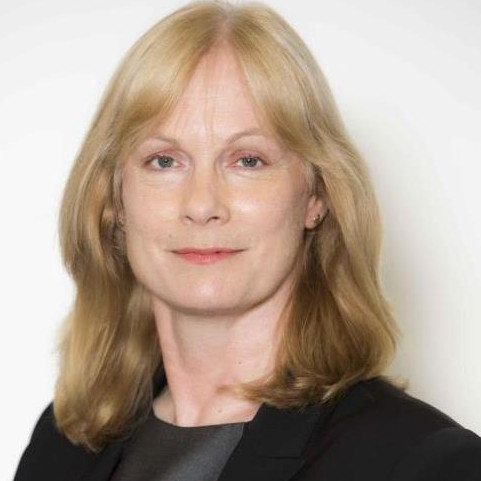Caroline Rolfe, Finance and Business Services Change Programme Deputy Director
Caroline Rolfe is the Finance and Business Services Change Programme Deputy Director for Highways England.

After training as an accountant, Caroline went on to be an Audit Manager with the Audit Commission. In this role she worked latterly in the Legal and Technical Directorate on national guidance, major procurement schemes and technical queries from local auditors.
After a brief spell with the Treasury, helping the Department for Transport (DfT) and the Department of Transport, Local Government & the Regions (DLTR) to implement resource accounting, Caroline moved across into government as Chief Accountant with responsibility for a balance sheet with over £140bn of assets and High Speed 1 (HS1 – Eurotunnel). This was a huge responsibility, but her grounding in public sector accounts along with the opportunity to have learned so much about local government with the Audit Commission stood her in good stead.
Why did you choose accountancy as a career?
I was self-employed working in a government local office with businesses and I had the opportunity to train in accountancy to develop new skills and get underneath the value created and reporting of their results.
How long have you been qualified as a CPFA?
I’ve been a qualified chartered public finance accountant for 10 years.
Why did you choose to work in public services?
I have always been a ‘people person’ and I welcomed the opportunity to work with others serving the community. Starting my career in the Civil Service provided a range of opportunities to work in different organisations and locations, it also gave me the confidence to deal with challenges as they arose. As a finance professional, it’s satisfying to feel that I can make a real contribution to the project teams and seeing the benefits of better roads start to come through.
What’s your specialism? Can you give us a brief overview of your role?
My role entails corporate and cultural change projects, following on from setting up Highways England as the largest government infrastructure company in April 2015. This involved arranging for the appointment of the first directors, establishing new pension arrangements to working on the governance framework and encouraging a dynamic and more commercial approach to delivering projects efficiently.
How does the CIPFA qualification help you in your day-to-day tasks, as well as long-term?
CIPFA has a unique place in public sector finance with a clear focus on helping and supporting its members across all public sector institutions. As the body responsible for public sector accounting, guidance and training, it can draw upon its members as an invaluable bank of expertise. CIPFA’s Annual Conference is a great example of the Institute’s ability to gather together senior people from across public services to work together and solve challenges collaboratively.
What do you like most about your CIPFA membership?
I enjoy putting something back and for six years was Vice Chairman of the Central Government panel – I’m now a member of the Financial Management panel. Personally, I continue to learn from the experiences of my fellow panel members and I think the products and guidance are absolutely relevant to today’s public sector accountant. I was really proud to be nominated by my team and then won the inaugural Government Finance Profession’s award for ‘Boss of the Year’. This demonstrates that accountants can be good leaders as well as taking care of the numbers.
What advice would you give current students who are looking to pursue a career in public finance?
When I was Head of Finance for the DfT, I was instrumental in working with the Treasury to set up the Finance Fast Stream. Then and now, I saw great opportunities for students to work on new investment schemes and to help departments deliver value for money.